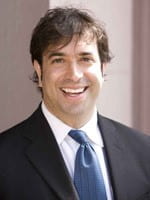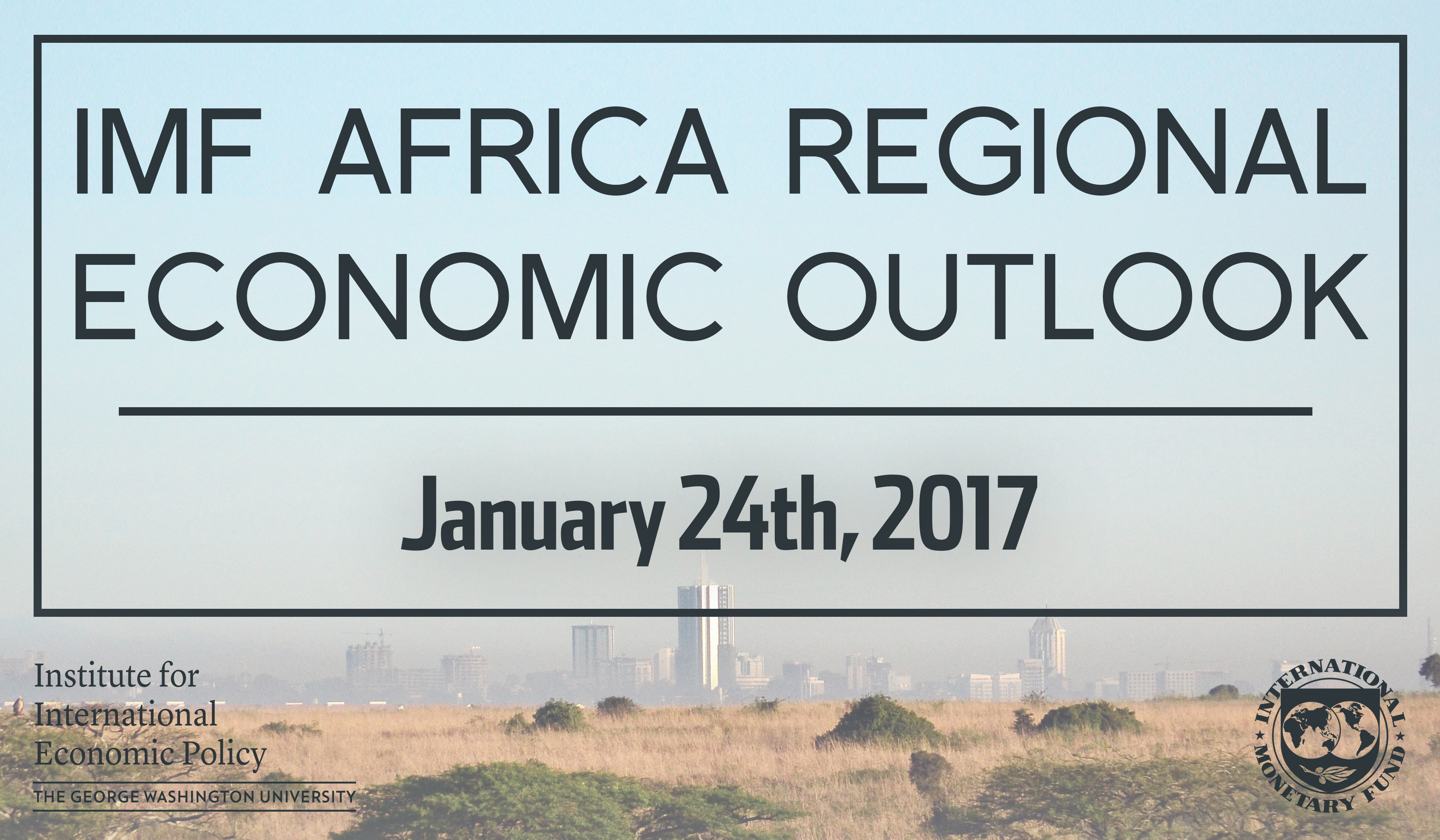January 2017
by Stephen C. Smith (George Washington University), Vida Bobić (George Washington University), Ram Fishman (Tel Aviv University), & Munshi Sulaiman (Save the Children)
Institute for International Economic Policy (IIEP)
At the Elliott School of International Affairs
January 2017
by Stephen C. Smith (George Washington University), Vida Bobić (George Washington University), Ram Fishman (Tel Aviv University), & Munshi Sulaiman (Save the Children)
Originally published on January 30, 2017
The Institute for International Economic Policy and the Elliott School of International Affairs’ Latin American & Hemispheric Studies Program will host Alejandro Bonvecchi, who will share his work surrounding “How Presidents Make Economic Policy in Times of Crisis”. This event is a part of our continued International Economic Policy Forum Series.
This project argues that presidents are by cognitive contexts, rather than by personality or institutional constraints, to organize decision-making in response to economic crises. The higher the frequency of crises, the more inclined the president is to use hierarchical, rather than collegial, decision-making processes. The argument is tested by comparing cases in the US and Argentina.
Discussants will include Stephen Kaplan, Associate professor of political science at the George Washington University, and Jay Shambaugh, professor of International Affairs and Economics at the George Washington University
 Alejandro Bonvecchi, Assistant Professor at the Torcuato Di Tella University in Buenos Aires and an Adjunct Research of the National Council for Scientific and Technical Research in Argentina, IIEP Visiting Scholar
Alejandro Bonvecchi, Assistant Professor at the Torcuato Di Tella University in Buenos Aires and an Adjunct Research of the National Council for Scientific and Technical Research in Argentina, IIEP Visiting Scholar
He is an Assistant Professor at the Torcuato Di Tella University in Buenos Aires and an Adjunct Research of the National Council for Scientific and Technical Research in Argentina, where he works on presidential and legislative politics and the political economy of economic policymaking. He has published four books, and his work has appeared in Presidential Studies Quarterly, Legislative Studies Quarterly, Publius, Latin American Politics and Society, and Journal of Politics in Latin America. Please feel free to trim down all this as suitable. He holds a BA in Sociology from the University of Buenos Aires and a Ph.D. in Government from the University of Essex.
 Stephen Kaplan, Associate Professor of Political Science and International affairs at The George Washington University
Stephen Kaplan, Associate Professor of Political Science and International affairs at The George Washington University
Stephen B. Kaplan is an Assistant Professor of Political Science and International Affairs. Professor Kaplan’s research and teaching interests focus on the frontiers of international and comparative political economy, where he specializes in the political economy of global finance and development, the rise of China in the Western Hemisphere, and Latin American politics. Professor Kaplan joined the GWU faculty in the fall of 2010 after completing a postdoctoral research fellowship at the Niehaus Center for Globalization and Governance at Princeton University and his Ph.D at Yale University. While at Yale, Kaplan also worked as a researcher for former Mexican President Ernesto Zedillo at the Yale Center for the Study of Globalization. Prior to his doctoral studies, Professor Kaplan was a senior economic analyst at the Federal Reserve Bank of New York, writing extensively on developing country economics, global financial market developments, and emerging market crises from 1998 to 2003. He received his B.A in International Relations and Economics from Tufts University, and an M.S in International Economic Development from Georgetown University.
 Jay Shambaugh, Professor of Economics and International Affairs at The George Washington University
Jay Shambaugh, Professor of Economics and International Affairs at The George Washington University
Jay Shambaugh is a professor of economics and international affairs at the George Washington University. He is the director of the Institute for International Economic Policy. Professor Shambaugh’s area of research is macroeconomics and international economics. His work includes analysis of the interaction of exchange rate regimes with monetary policy, capital flows, and trade flows as well as studies of international reserves holdings, country balance sheet exchange rate exposure, the cross-country impact of fiscal policy, and the current crisis in the euro area. In addition to his book, Exchange Rate Regimes in the Modern Era (MIT Press, 2009), Shambaugh has published in The American Economic Review, The Quarterly Journal of Economics, and other leading journals. Prior to joining the faculty at George Washington, Shambaugh taught at Georgetown and Dartmouth and served as first Senior Economist for International Economics and then Chief Economist at the White House Council of Economic Advisers. He is also a Faculty Research Fellow at the NBER and a visiting scholar at the IMF. Shambaugh received his Ph.D. in economics from the University of California at Berkeley, an M.A. from the Fletcher School at Tufts, and a B.A. from Yale University.
Bonvecchi’s forum will be based on his conclusions from his paper in Presidential Studies Quarterly.
For more of our research on economic policy, please visit our webpage at http://www.gwu.edu/~iiep.
Originally published on January 25, 2017
The conference will feature leading lawyers, economists, and trade practitioners who will focus on what President-elect Trump can, and cannot, do to fundamentally reorient trade policy without congressional action or new administrative powers.
This conference is hosted by the Institute for International Economic Policy at George Washington University. For more of our research on trade, please visit our webpage at http://www.gwu.edu/~iiep
9:15 AM – 10:15 AM: Trade Remedies
The President has substantial leeway for initiating various trade remedy actions (antidumping, countervailing duty, and safeguards). U.S. trade law practice and procedure may limit the scope of imposing duties under these provisions.
The U.S. Treasury may determine that a country manipulates its currency but only under certain statutory conditions. Would China qualify under those provisions? What consequences might it face if China is declared a “currency manipulator”?
11:30 AM – 12:30 PM: Renegotiating/Leaving Existing Trade Agreements
U.S. trade agreements such as NAFTA allow for either Party to announce a withdrawal with six months’ notice. Can President Trump do so without congressional approval? What would be the impact on U.S. trade and investment flows if he were to follow through with such threats?
President Trump has suggested imposing 35 percent tariffs on individual U.S. firms that offshore manufacturing jobs. Can the Administration single out individual companies in this way? How might such threats increase uncertainty on inward and outward U.S. foreign investment?
An aggressive new U.S. trade policy may result in formal disputes with WTO members. What are the most likely cases that might arise? How might the U.S. economy be affected if the WTO rules in favor of those who contest new U.S. approaches in trade policy?

Africa continues to experience great opportunities for growth while also facing several great challenges. Sustained economic growth, income inequality, gender disparities, and competitiveness in the global trade arena are all issues with the potential to make or break the continent’s development as a region. The African Department at the International Monetary Fund (IMF) publishes the Regional Economic Outlook (REO): Sub-Saharan Africa report twice a year. Review the latest report here.